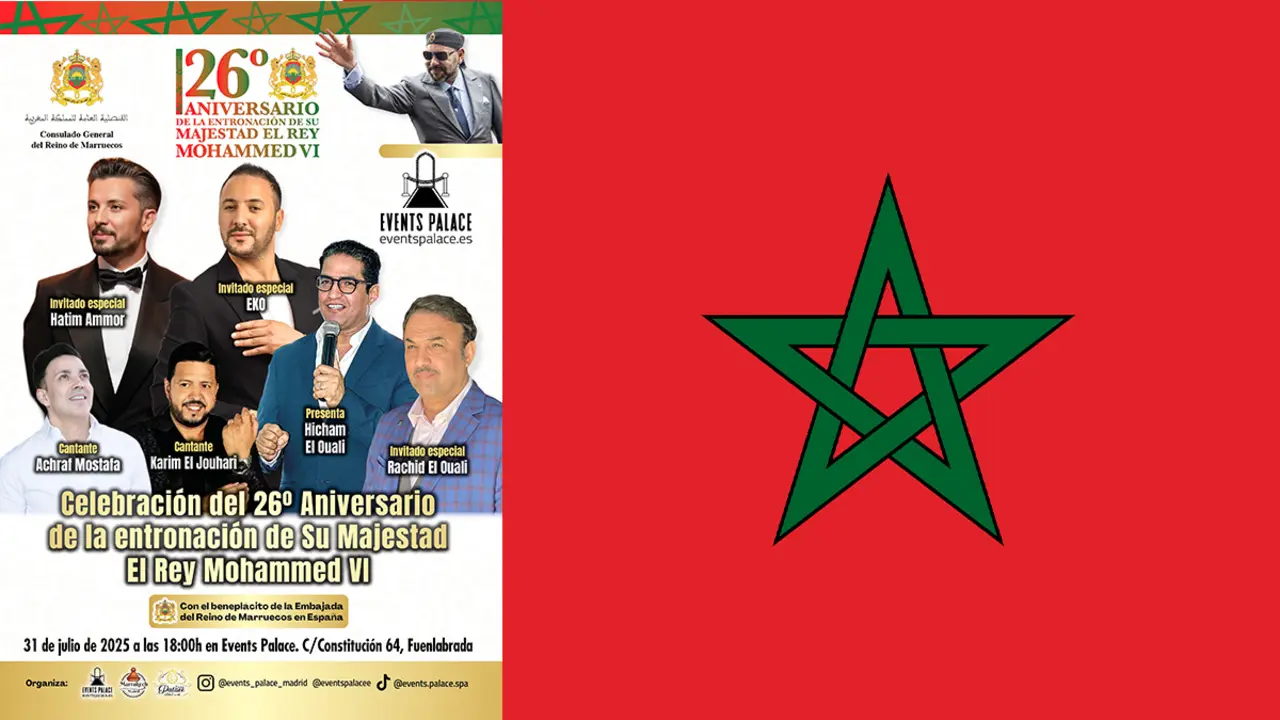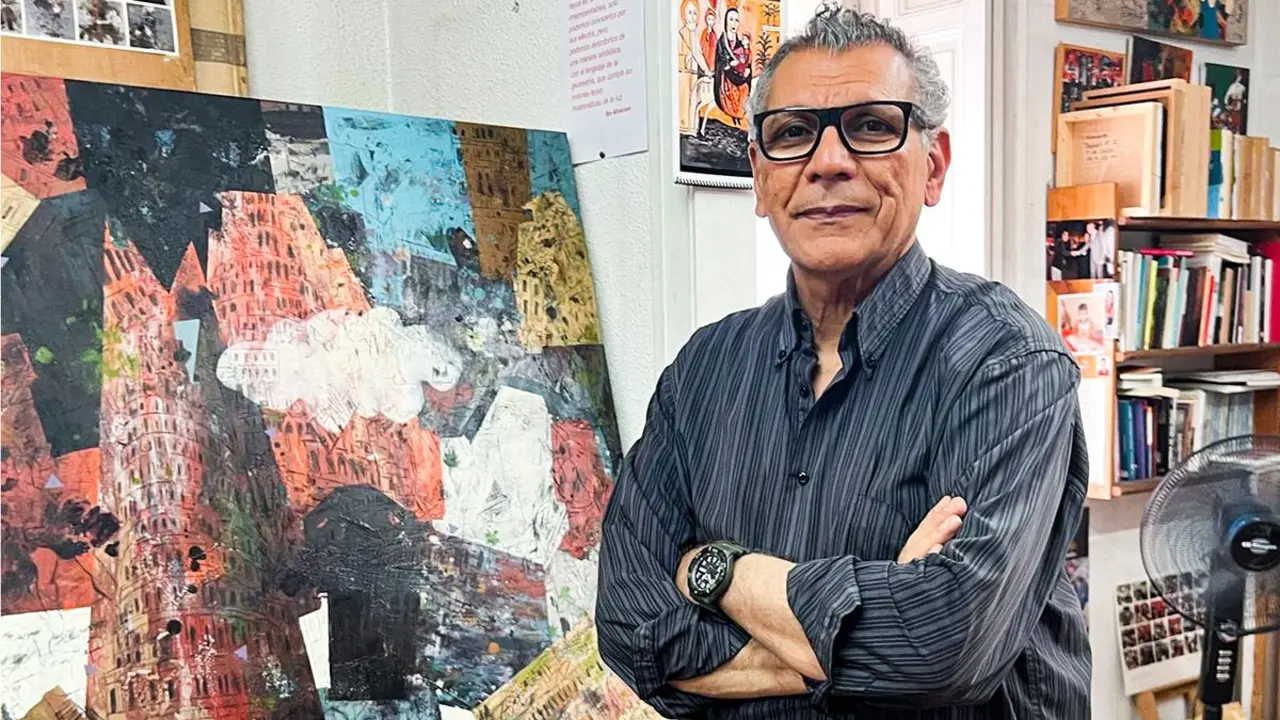Theodora, the Chrysalis of Byzantium

After novels such as 'Al-Gazal', 'Tartessos', 'El Papa Luna', 'La piedra del destino', 'El sello del algebrista', 'El lazo púrpura de Jerusalén', 'La cúpula del mundo y Oleum, el aceite de los dioses', Jesús Maeso de la Torre (Úbeda, Jaén, 1949) tackles one of the most fascinating female characters of all times. The Roman Empire did not end in 476 AD, after the invasions of the Vandals, Ostrogoths and Visigoths. Its structure would persist for another thousand years in the East, with a capital, Byzantium, which took on and surpassed even the splendour of Rome.
Almost at the beginning of that extra millennium, an emperor, Justinian, shone, whose great legacy is largely due to the influence exerted on him by the empress Theodora, whose name literally means "gift of God". Jesús Maeso de la Torre shows her from all angles in 'Theodora, the Chrysalis of Byzantium' (Ed. Harper Collins, 525 pages). He uses the character Nasica the Hispanic, the most powerful eunuch at court.
The year is 548 AD when floods of people from all walks of life throng the streets of Constantinople as the funeral procession of Justinian's once all-powerful wife passes by. In addition to the imposing crowds, she is mourned by the emperor and above all by the faithful Nasica, who accompanied her throughout her eventful life, and who will decide to write the true story of Theodora from his own pen in order to ward off defamation and slander.
Nasica describes her as a woman as beautiful as she was seductive, whom the throne failed to strip of the sweetness of her sex. She was a hurricane of feelings, a hunter of her own immortality and of a legend of her own, who lived blessed by providence, but cursed by the powerful when she tried to attain the imperial purple. But she, and she alone, a woman of foresight and sensitivity, achieved one of the most admired and dazzling ascensions in the annals of Rome.
 Constantinople, Queen of the East or Byzantium - today Istanbul - holds among its finest legacies Hagia Sophia, the Sacred Wisdom, the grandiose cathedral rebuilt from the ashes thanks to Theodora, a permanent symbol of its variegated history. Recep Tayyip Erdogan, Turkey's current president, has converted it into a mosque. But in the 6th century, there were still 900 years left before it was conquered by Islam, and the city was indeed the capital of the world, teeming with life and enthusiasm. "Its swarm of palaces, monoliths, pilasters and porticoes form the stage where courtiers, beggars, soldiers, prostitutes, merchants and citizens roam, spreading the true Christian God as well as the deities of antiquity, for in its squares and corners stand the statues of Aphrodite and Apollo and those of the orthodox saints".
Constantinople, Queen of the East or Byzantium - today Istanbul - holds among its finest legacies Hagia Sophia, the Sacred Wisdom, the grandiose cathedral rebuilt from the ashes thanks to Theodora, a permanent symbol of its variegated history. Recep Tayyip Erdogan, Turkey's current president, has converted it into a mosque. But in the 6th century, there were still 900 years left before it was conquered by Islam, and the city was indeed the capital of the world, teeming with life and enthusiasm. "Its swarm of palaces, monoliths, pilasters and porticoes form the stage where courtiers, beggars, soldiers, prostitutes, merchants and citizens roam, spreading the true Christian God as well as the deities of antiquity, for in its squares and corners stand the statues of Aphrodite and Apollo and those of the orthodox saints".
Theodora, that fragile and helpless girl, who grew up in one of the foulest brothels, never submitted to anyone, not even to her august husband, and she went where vulgar spirits never go. "In no way did she feel like a mare or a wet nurse, like other Roman women, and she fought like a fierce woman for women's equality in a time dominated by men. Theodora broke through the insurmountable barriers of the male world. She did not tolerate the weak... And at the end of her life she felt guilty of nothing".
Jesús Maeso spares no detail in this novelised biography: conspiracies, history, love, lust, politics, adventures and battles are some of the ingredients of this historical novel, in which, according to the eunuch Nasica, "a woman so beautiful and astute, capable of measuring herself on an equal footing with sages and rulers, who would leave a perennial mark on history, the arts and the law, was never seen and never would be seen again, neither in the old nor in the new Roman Empire".









